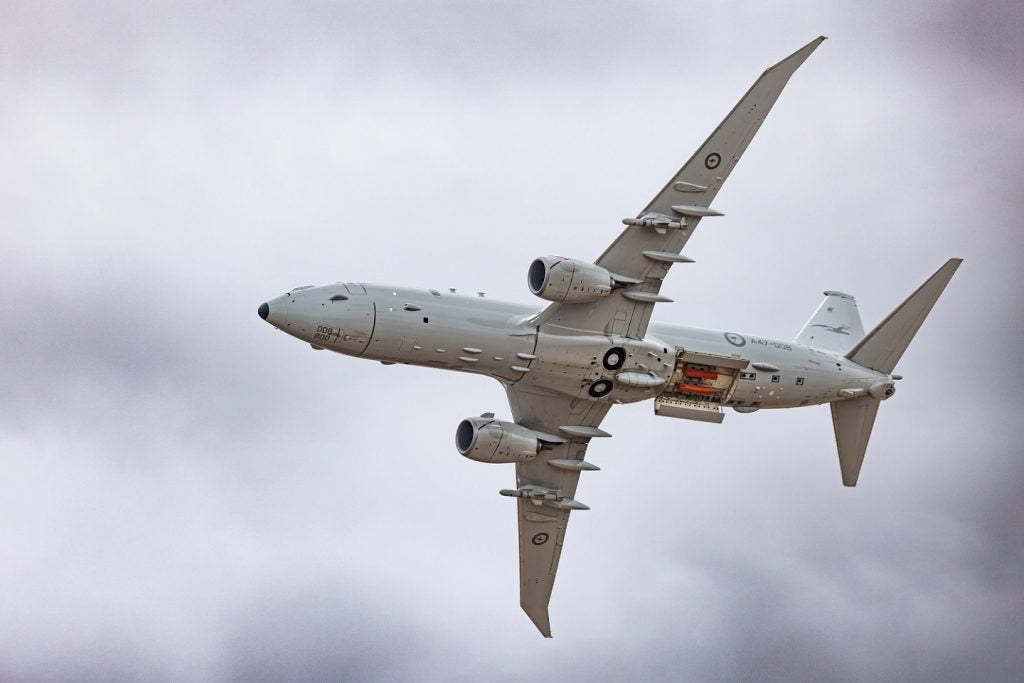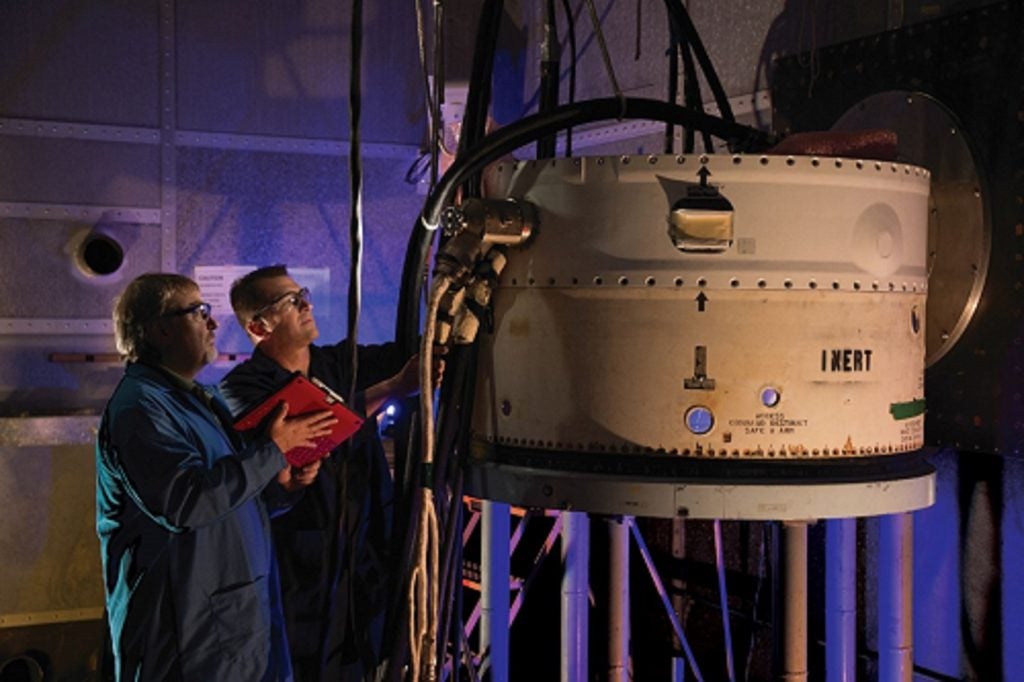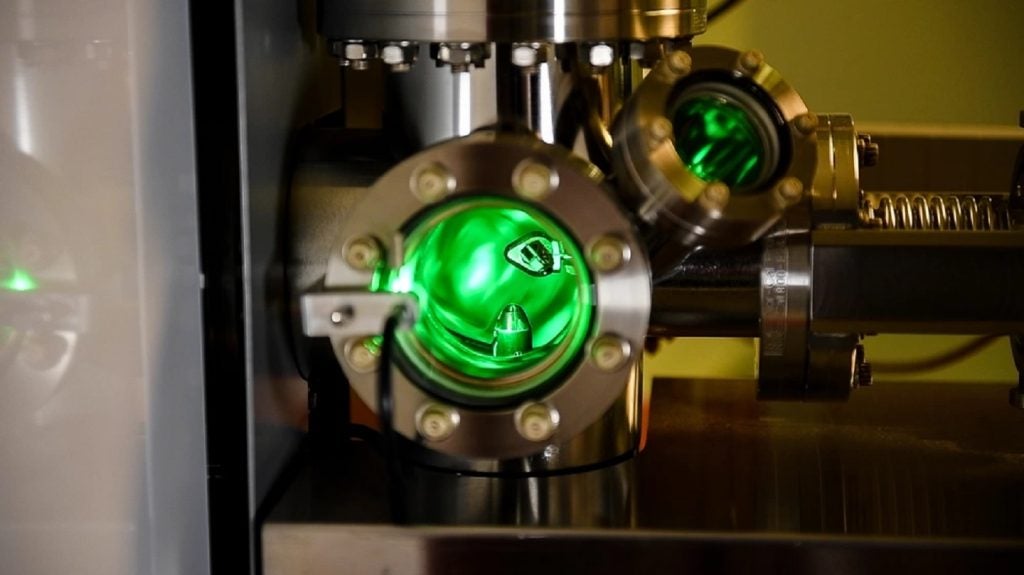The US Space Force’s (USSF) Space and Missile Systems Center (SMSC), along with the National Reconnaissance Office (NRO), has awarded two contracts for National Security Space launch (NSSL) services to United Launch Alliance (ULA) and SpaceX.
The two firm-fixed-price, indefinite-delivery requirement contracts have added to the savings the NSSL programme achieved since the Phase 1 Block Buy award in 2013.
USAF Acquisition, Technology and Logistics assistant secretary Dr William Roper said: “This is a groundbreaking day, culminating years of strategic planning and effort by the Department of the Air Force, NRO and our launch service industry partners.
“Maintaining a competitive launch market, servicing both government and commercial customers is how we encourage continued innovation on assured access to space.
“Today’s awards mark a new epoch of space launch that will finally transition the Department off Russian RD-180 engines.”
Since the February 2013 programme, the total life cycle cost reduction of the NSSL programme is $22bn. It has returned approximately $7bn in procurement funds to the Department of the Air Force and NRO.
How well do you really know your competitors?
Access the most comprehensive Company Profiles on the market, powered by GlobalData. Save hours of research. Gain competitive edge.

Thank you!
Your download email will arrive shortly
Not ready to buy yet? Download a free sample
We are confident about the unique quality of our Company Profiles. However, we want you to make the most beneficial decision for your business, so we offer a free sample that you can download by submitting the below form
By GlobalDataBy creating new acquisition strategies, procuring launch services and fostering robust competition, the SMSC’s Launch Enterprise has saved the funds.
The Phase 2 Procurement contracts are for launch service orders scheduled to commence this year through to 2024.
SMSC will order launch services annually from ULA and SpaceX with the first mission expected to launch in 2022.
Over the contract period, ULA will receive contracts for approximately 60% of launch services orders requirements, while SpaceX will receive requirements for approximately 40% of launch services orders.
The SMC Launch Enterprise with the NRO will order the first three missions assigned under Phase 2.
Scheduled for launch in 2022, USSF-51 and USSF-106 were assigned to ULA, while SpaceX has been assigned USSF-67.
Future launch services are expected to be awarded later.
ULA will be awarded $337m task orders for the launch service support and launch service contracts, while SpaceX would receive $316m for launch services to meet 2022 launch dates.







